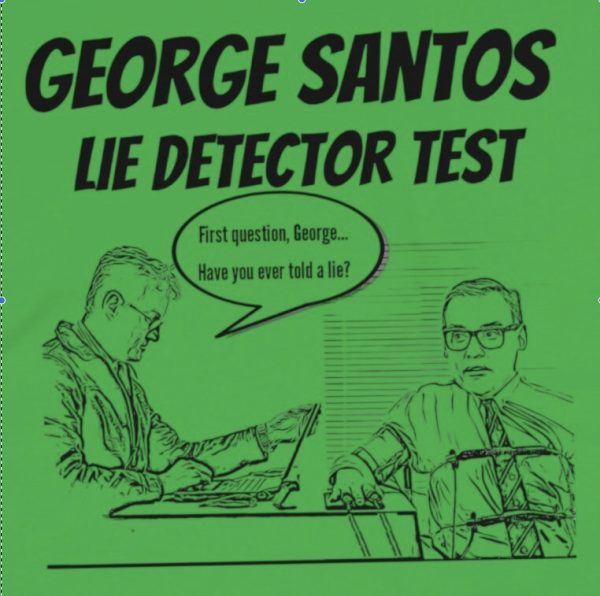Changes to ACT writing test are not for the better
Every year, the ACT brings new dread to the Juniors who have to take it. Following shortly are waves of disappointment as many realize they must take it again to achieve the score they want; however, the College Board has now decided to change around some of the criteria for the writing section, which has added additional stress to the already building pressure.
Instead of allowing the students to pick their own arguments for the topic, they must now refer to the three given perspectives and create their own perspective off of those. For example, if the subject matter pertains to intelligent machines and their increasing presence, then three different perspectives would be given: one against, one neutral, and one for. In the essay, the student must analyze and exemplify the three perspectives while also explain their own opinion.
Sounds easy, right? This goal of making the writing section easier to complete may have been the priority of the College Board, but all it does is allow for the writer to become lazier and the writing to become more standardized and difficult for a student to show off their unique capabilities.
While I underwent the experience of taking the writing section of the ACT, I found myself wondering throughout the entire prompt how I was going to integrate each perspective and by the time I actually analyzed each one, I had about fifteen minutes left (including planning time). I had felt rushed and not in control of my own essay, something of which sounded like a bad actor reading off of a manuscript. It wasn’t pretty.
That’s what happens, though, when the guidelines become too restrictive. Essays become boring and individuality decreases. Not to mention, a new way of scoring has been introduced, thus causing for this boring essay to be more punishing for silly mistakes.
The new scoring includes a range from one through thirty-six, where the participant starts off with thirty-six, thus making it their objective to not lose points. The grading will also be way more nitpicky, where a simple grammatical error could end up in the loss of a point, something of which will be detrimental to the scores. This makes the section more complex and different from the two through twelve grading scale of previous years.
As anyone can see, this new change, although made with good intentions, will only hinder test takers from showing the College Board how well they can write and provide detail towards an argument.









